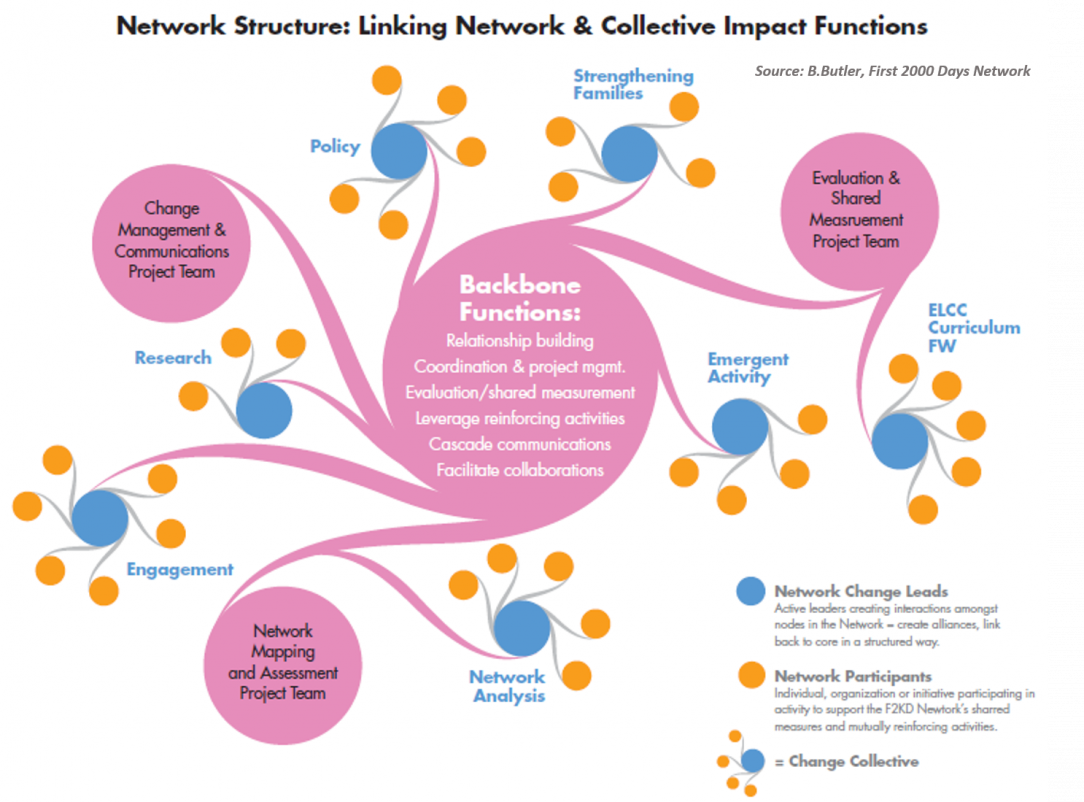by Blythe Butler and Sami Berger
One of the functions of pioneer leadership is to build others’ capacity to understand and act in their contexts in more adaptive ways. This means helping others see “what to do and how to do it in a given situation” (Human Venture map 12.3). Even though we work with a lot of different groups, ultimately, our goal is to build people’s capacity for adaptive learning. Luckily, when most people ask us to work with them, they are trying to figure out how to manage a new, collaborative way of working together. They’re primed with the idea that they may have to think and act differently than before and they are often frustrated with the status quo and the inability to make progress on their goals.
Over the past four years, fellow Human Venture alumnus Sami Berger and I have been trying to make sense of how to live out the larger requirements of pioneer leadership within the realities of our context. We’ve discovered some things that are necessary but wholly insufficient: people change in the context of a trusting relationship, people are drawn to the strength and humility of pioneer leadership, we can build more adaptive ecologies of authority, we can broaden our orienting stories, and we can change our standards for truth and trust. We also experience countless challenges: structural barriers get in the way of scaled change, the lack of focus on prevention and long-term planning constricts horizons of caring, and capacity development takes time that many people cannot or will not allocate to it.
On top of the challenges in the work itself, articulating what we’re trying to do for ourselves and others is hard, intimidating, and humbling. We’re grateful for the feedback that we’ve received on previous attempts to summarize our work, and wanted to share another one with you in this newsletter. The article “Network Governance as an Empowerment Tool” does not directly address human and social adaptive progress or illustrate the Human Venture framework directly. That being said, our work and lives are deeply informed by the metaframework and we’re so grateful for what we’ve been able to learn from and with this community, especially Ken.
We hope that you can see how our work is informed by the framework and how we’ve woven our learning into this story. If you do have a chance to read it, we hope you share your thoughts so that we can keep learning together.
Read the full article here: Network Governance as an Empowerment Tool
Blythe Butler is a Human Venture board member and alumnus of Human Venture Leadership. Her work focuses change management, evaluation, and capacity building to support the development of adaptive learning cultures within organizations.
Sami Berger is a Human Venture Leadership alumnus and works with organizations and initiatives that are striving to make a meaningful change and are interested in thinking critically about their strategy.

